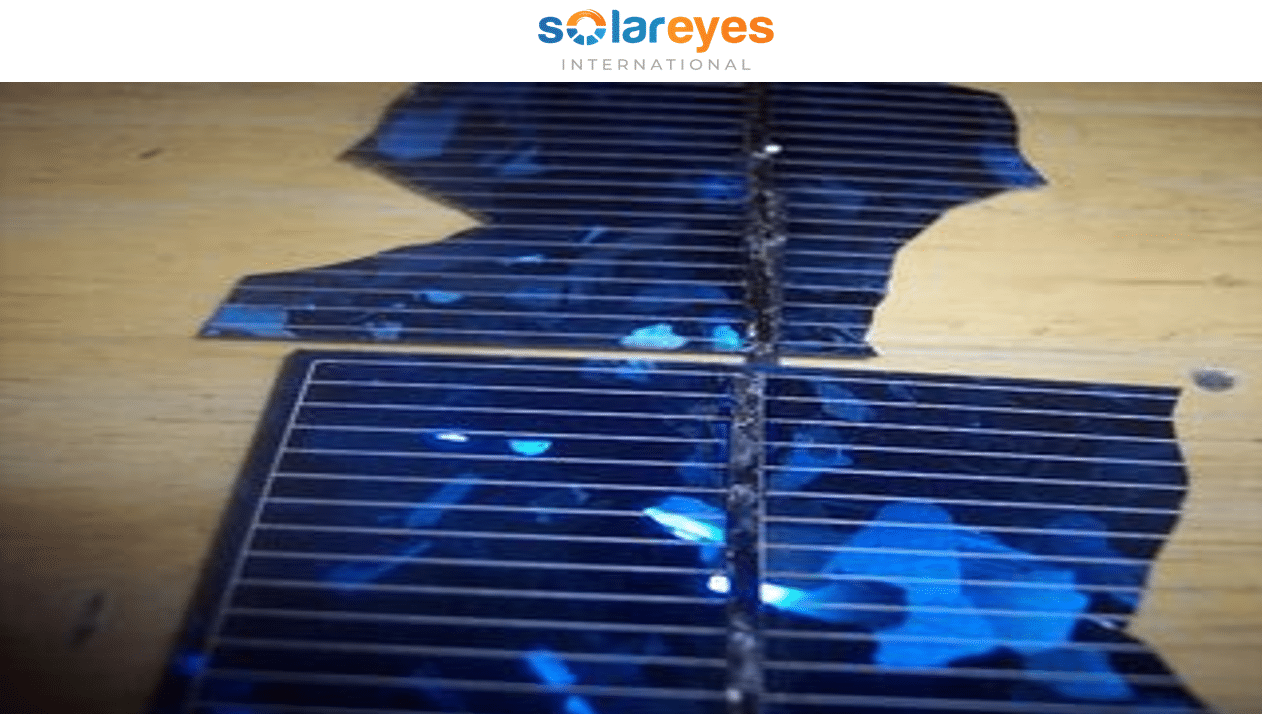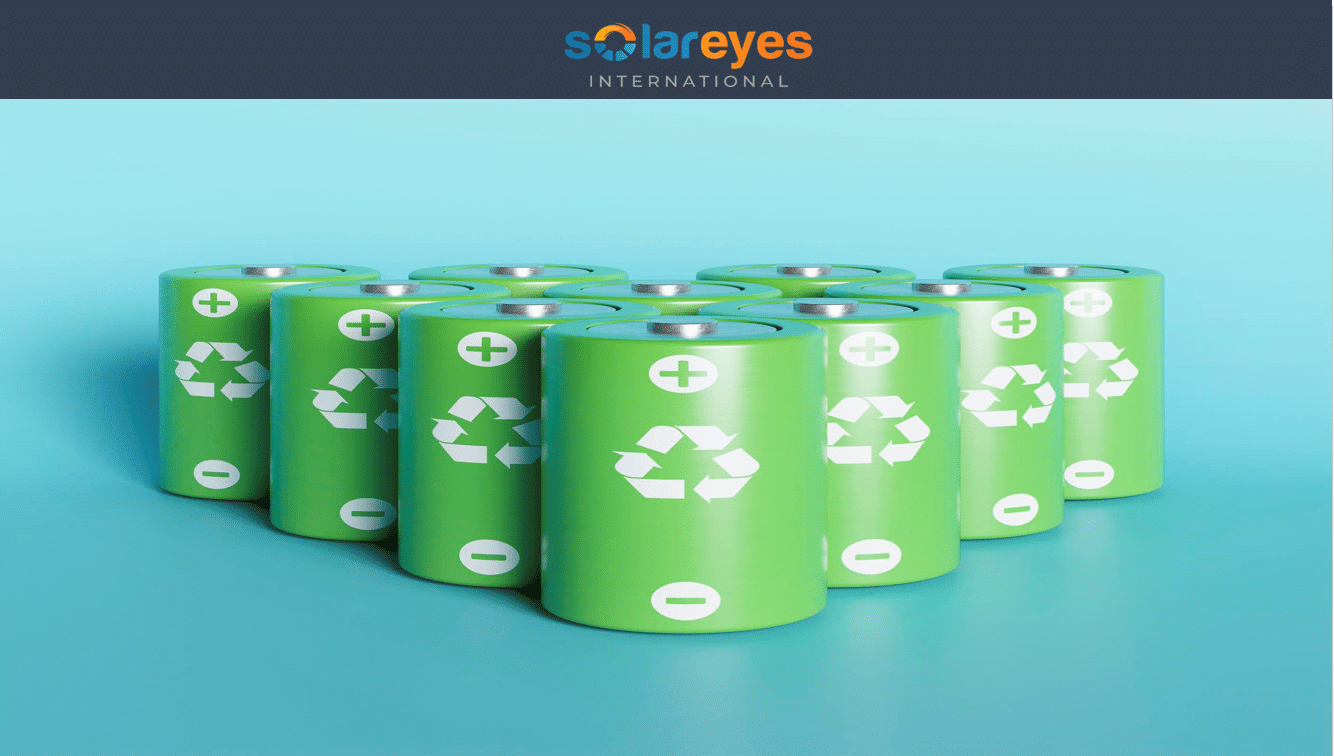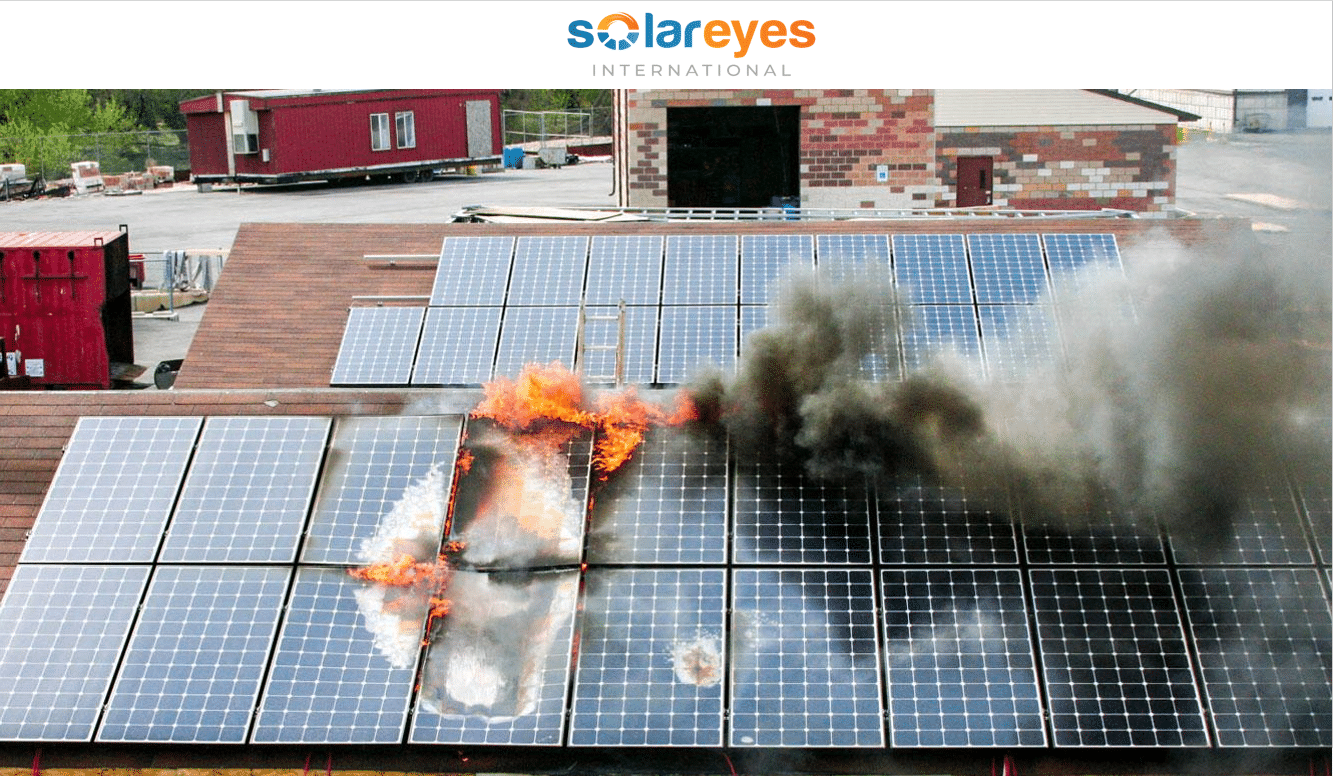The Effect of Fake Solar Components on the Global Uptake of Solar Energy as a Source of Electricity

The Effect of Fake Solar Components on the Global Uptake of Solar Energy as a Source of Electricity
The world is rapidly shifting towards renewable sources of energy to combat climate change and reduce carbon emissions. Solar energy, in particular, has gained popularity due to its abundance and sustainability. However, the rise of fake solar components has become a major concern for the industry, as it poses a significant threat to the global uptake of solar energy as a source of electricity.
Fake solar components refer to counterfeit products that are sold as genuine solar components. These components are not only substandard but also potentially dangerous, as they can cause electric shocks, fires, and even explosions. While the counterfeit market is prevalent in many industries, the solar industry is particularly vulnerable due to its rapid growth and high demand.
ALSO CHECK: How to identify Fake Solar Panels – 5 things to check and never be scammed
One of the major effects of fake solar components is a decrease in the efficiency and lifespan of solar panels. This results in lower energy output and increased maintenance costs, which can discourage consumers from investing in solar energy. Moreover, the use of substandard components can also damage the reputation of the solar industry, leading to today’s Title: The Effect of Fake Solar Components on the Global Uptake of Solar Energy as a Source of Electricity
Introduction to Fake Solar Components
Solar energy has emerged as a promising renewable energy source, playing a vital role in addressing the global energy crisis and reducing carbon emissions. However, the rise of counterfeit or fake solar components poses a significant threat to the credibility and growth of solar energy as a reliable source of electricity.
ALSO CHECK: Some Examples of where People have Fallen Victim to Fake Solar Products
In this post, we will explore the detrimental effects of counterfeit solar components on the global uptake of solar energy and discuss the importance of ensuring the authenticity and quality of solar products.
The Pervasive Problem of Counterfeit Solar Components
Counterfeit solar components, including panels, inverters, and batteries, are flooding the market, primarily driven by the increasing demand for solar energy solutions. These fake products are often produced using substandard materials and manufacturing processes, compromising their performance, efficiency, and longevity. This not only undermines the consumer’s trust in solar energy but also poses safety risks and financial losses.
Impact on the Solar Industry
The proliferation of counterfeit solar components has far-reaching consequences for the solar industry. Firstly, it hampers the overall growth and adoption of solar energy as a viable electricity source. Consumers who unknowingly purchase counterfeit products may experience poor performance and system failures, leading to disillusionment with solar energy and a reluctance to invest further. This threatens the reputation and credibility of the solar industry as a whole.
Harnessing the Power of Darkness: A Breakthrough in ‘Night-Time Solar’ Energy
Furthermore, and most importantly the presence of fake components disrupts the level playing field for legitimate manufacturers and installers who prioritize quality and adhere to industry standards. Counterfeit products often undercut prices, making it difficult for genuine manufacturers to compete. This unfair competition can lead to reduced investments, job losses, and the stalling of technological advancements in the solar industry.
Safety Risks and Environmental Consequences
Counterfeit solar components are manufactured without proper quality control measures, putting consumers at risk. Substandard materials and poor workmanship can result in electrical malfunctions, fires, and accidents. Moreover, the premature failure of these counterfeit products leads to increased waste generation, adding to the environmental burden.
Safeguarding the Solar Industry from Fake Solar Components
To protect the solar industry from the detrimental effects of counterfeit components, various measures need to be implemented:
1. Strengthening Regulations
Governments and regulatory bodies should enact and enforce stringent regulations to deter the production, sale, and distribution of counterfeit solar components. This includes strict penalties for offenders and regular inspections to ensure compliance.
2. Raising Awareness
Educating consumers, installers, and industry professionals about the risks associated with counterfeit solar components is crucial. Increasing awareness about the importance of purchasing from reputable suppliers and verifying product certifications can help mitigate the problem.
3. Enhancing Supply Chain Transparency
Implementing robust supply chain management systems can help trace the origin and authenticity of solar components. This can involve the use of unique identifiers, such as serial numbers or barcodes, to track the movement of products and identify counterfeit items.
Top 5 Solar Energy Developments in the United States
4. Collaboration and Certification
Collaboration among industry stakeholders, including manufacturers, installers, and regulators, is key to combating counterfeit solar components effectively. Establishing certification programs and industry standards can help ensure the authenticity and quality of solar products.
Conclusion
The threat posed by counterfeit solar components to the global uptake of solar energy cannot be underestimated. It is essential for governments, regulatory bodies, manufacturers, and consumers to work together to combat this pervasive problem. By prioritizing authenticity, quality, and safety in the solar industry, we can foster trust, encourage investment, and accelerate the transition to a sustainable and clean energy future powered by solar energy.
FOLLOW US ON SOCIAL MEDIA
Follow us on LINKEDIN, FACEBOOK, TELEGRAM GROUP and WHATSAPP.
*** ALSO CHECK: HOW TO SIZE A SOLAR SYSTEM – 5 clear steps anyone can follow
HOW TO START A SOLAR COMPANY – do these 6 things and make money through solar
How to Identify Fake Solar Products
SOLAR PANEL LOSSES: All you Need to Know + Tips on how to avoid them





